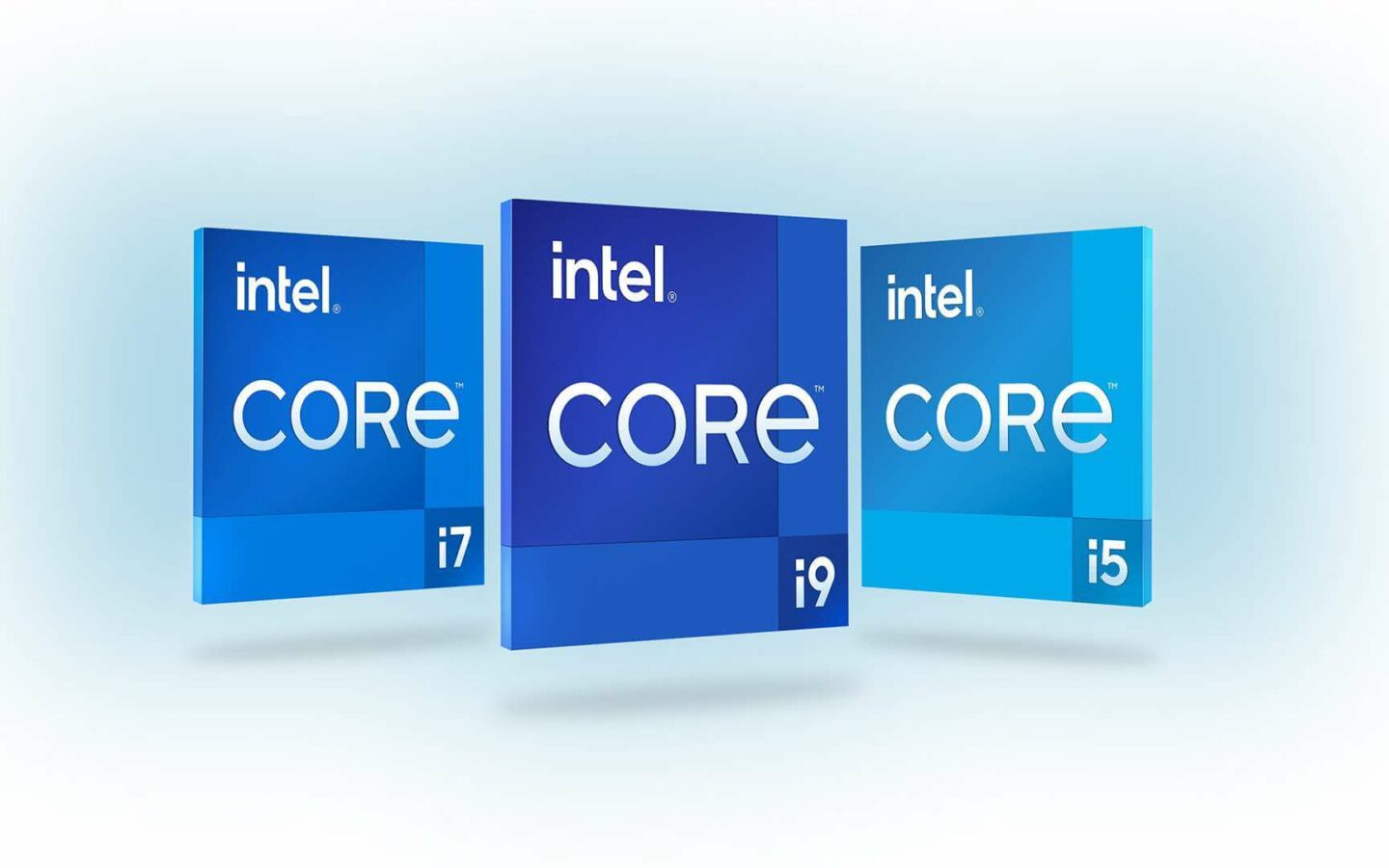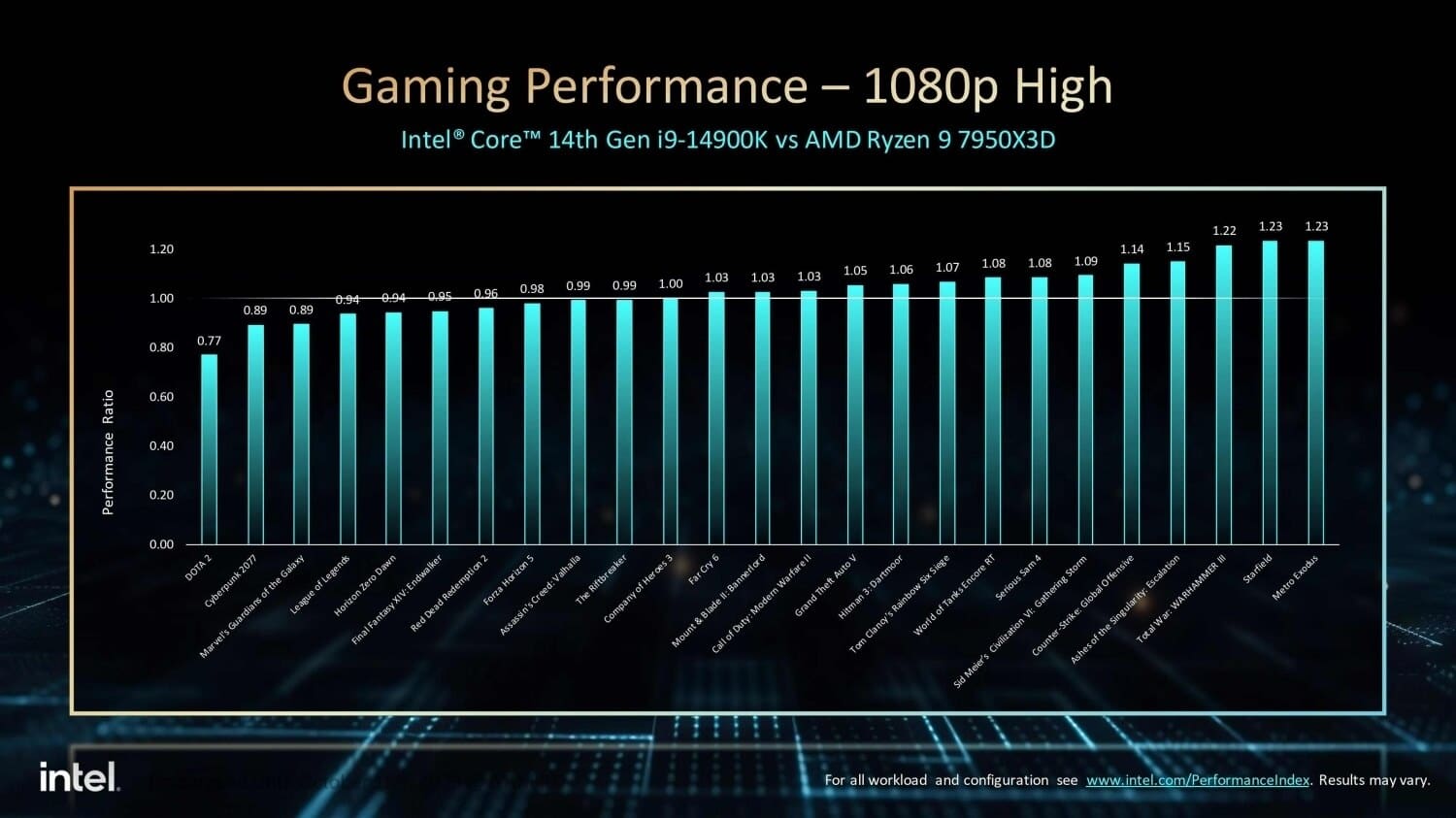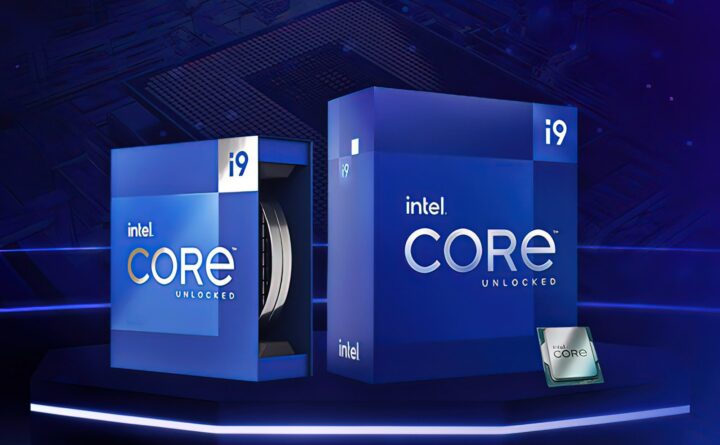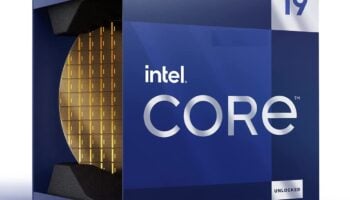
Intel’s 14th Gen Raptor Lake-S Refresh wasn’t well received by the community, mainly because it looks more like a firmware update than a hardware refresh. Most gaming titles show a performance uplift of 1-2% (quite literally) at the cost of increased power consumption and heat. However, they may yet feature something worth talking about. The Core i7-14700K and the i9 14900K come with an exclusive performance-enhancing technology called Application Optimizer (APO).

In an interview with TweakTown, Intel’s Roger Chandler, VP and GM of Enthusiast PC and Workstation, Client Computing Group, shared some details about APO and its functioning. According to Chandler, Intel’s APO tech ensures that games get ample resources, without being downgraded by the Windows Scheduler or the Intel Thread Director.
When introducing the hybrid architecture, we realized there would be big and small cores. The small cores are great for multitasking, background tasks, and highly parallelized workloads. And the big cores are great for high-demand, high-performance individual threads like a gaming thread.
We developed Thread Director, working with Microsoft, within the OS to ensure everything’s deeply integrated for how threads are assigned to specific cores. This first iteration was good at matching high-performance cores and high-demand threads.
There are some workloads where a thread (or more) is performance-sensitive at one point but not so much as the task progresses. To keep the CPU from investing too much unnecessary time in such processes, Intel’s Application Optimizer (APO) modifies the scheduler policy to maximize overall performance.

We now understand that some threads are in high demand at one point but not so high demand at another. You don’t want to tax the CPU with that because it could impact power and so forth. So, the next iteration is this. What APO does is we test the games and see, okay, this might benefit from a fine-tuning of the policy just because of the unique way this game behaves.
There’s an exception list with the names of the applications, especially games that behave like this. The Intel Application Optimizer (APO) tweaks the Thread Director to optimize these workloads for Intel’s higher-end 14th Gen Core i9 14900K and 14700K. According to Chandler, there’s a gain of up to 20% with this specific optimization.
The user does not have to do anything; there’s nothing we have to do with the driver. It’s all just a policy thing we manage based on how the system interacts with the application. Not every application benefits from this; we test it and find what works flawlessly with Thread Director, and there are no issues.
To make it simpler (and more believable), Intel will add a new Windows application that lets you turn off APO for testing purposes. We don’t know what it’ll be called, but it should be revealed soon.





